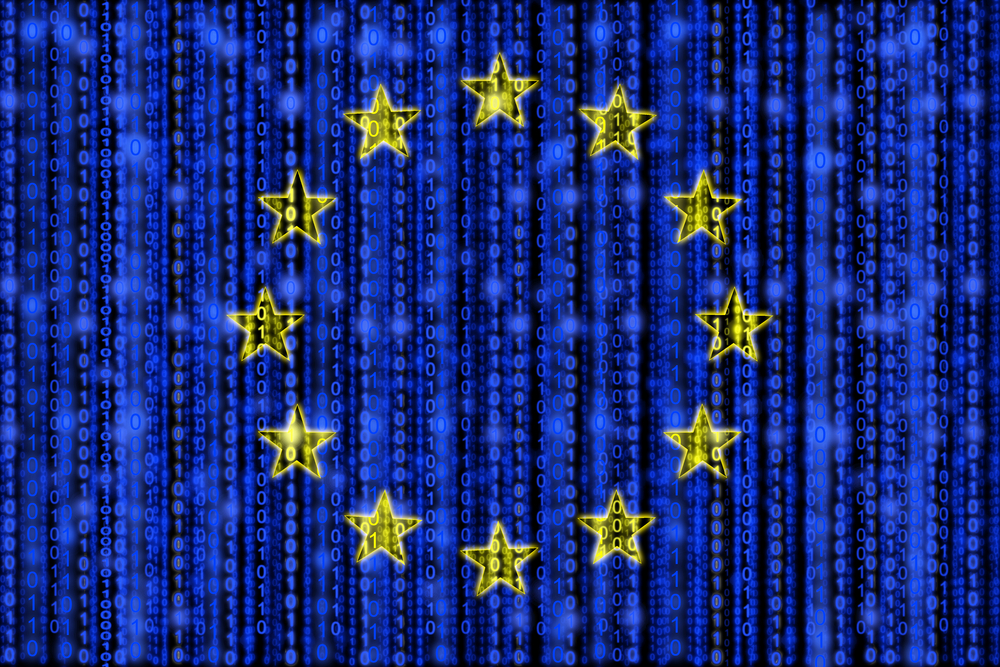While European governments succeed in gradually bringing more services online, results over time are incremental and need to be accelerated in order to keep up with rising expectations of citizens and businesses across Europe. Building digital capabilities can bring this acceleration and help governments deliver on the potential of digital. This is one of the main findings of the 13th Benchmark Measurement of European eGovernment Services, a study conducted by Capgemini, a global leader in consulting, technology and outsourcing services, IDC (International Data Corporation) and Politecnico di Milano School of Management for the Directorate General for Communications Networks, Content and Technology.
The report also reveals a huge variation in eGovernment performance across Europe. A string of countries from the South-West to the North-East of Europe – a ‘Digital Diagonal’ - succeeds in adequately delivering technological enablers above the European average, while other European countries are lagging behind.
Performance is polarizing
The results of the latest eGovernment Benchmark show a cautious acceleration of eGovernment implementation in Europe. The Benchmark evaluates the priority areas of the EU eGovernment Action Plan 2011-2015 and measures the progress on every priority area by one or more indicators, such as the availability and usability of public eServices, the transparency of government authorities’ operations, service delivery procedures, the level of control users have over their personal data, and the availability and usability of cross-border services for citizens and businesses.
All benchmarks have progressed over time, and with each biennial measurement all benchmarks made more progress. However, it seems that performance is polarizing, thus creating a widening gap between the best performers within the Digital Diagonal of countries from the South-West to the North-East of Europe and other European countries who show no signs of catching-up.
“On the positive side it can be concluded that a ‘Digital Diagonal’ of countries is pushing Europe forward. This string of countries could inspire other European countries to improve the speed and quality of their online public services. However, we should be careful that pushing does not turn into dragging as the gap with lagging countries is growing faster than is acceptable in a Digital Single Market,” said Niels van der Linden, eGovernment Benchmark Lead at Capgemini.
Seven Life Events: financial eServices and eRegistrations show strongest growth
The Benchmark also monitored seven life events between 2012 and 2015 to measure the progress made in digitizing public services for businesses and citizens. These life events include starting a small claims procedure, regular business operations, studying, moving, starting up a business, owning and driving a car, and losing and finding a job. Research reveals that within these life events, digital financial services (from 50% in 2012/13 to 59% in 2014/15) and electronic registrations (from 42% in 2012/13 to 54% in 2014/15) show the strongest growth. These services can include ‘corporate tax’, ‘VAT claim’ and ‘driving fines’ each of which are characterised as services with a high frequency and a high volume of users. From this point of view, it makes sense these are taken on with priority. Perhaps also because they actually bring in money for the government itself. The latter might explain that even though these services might seem more complex in terms of development, it hasn’t hindered progress.
“Looking back at the past few years, we can say that European digital government services have developed steadily, but we haven’t seen any groundbreaking progress,” said Dinand Tinholt, Vice President and Global EU Account Director at Capgemini. “The priorities in government policies have only slightly changed since 2006, while technology has rapidly developed over the last ten years. If there is really an ambition within the EU to develop into a Digital Single Market, there is a clear need for governments to take transformative action. We need to ask ourselves whether the technology which is being used by European governments today is advanced enough to properly address societal challenges and if the right skills are in place to truly drive that digital transformation.”




